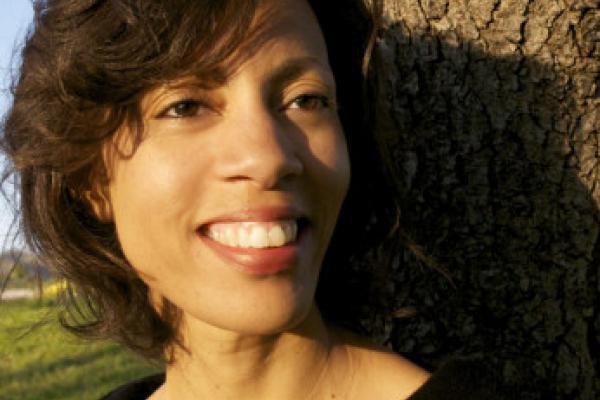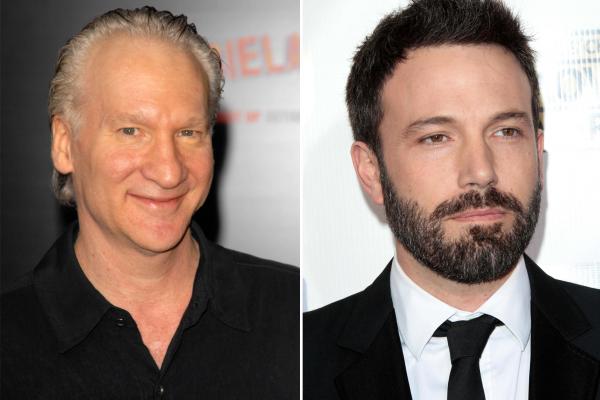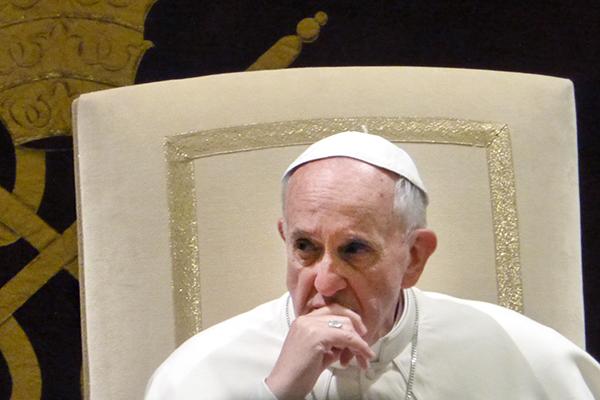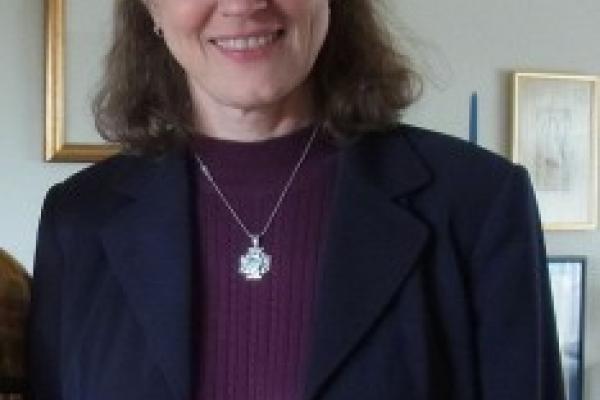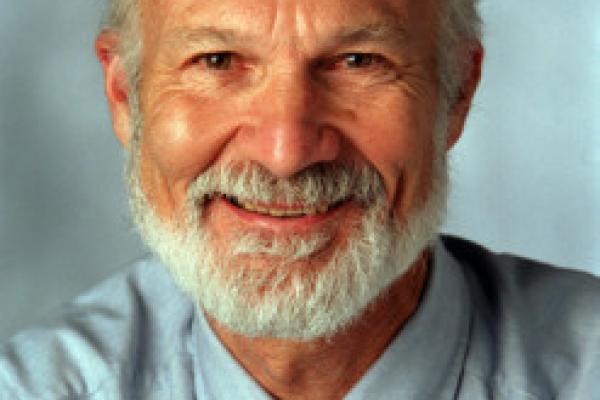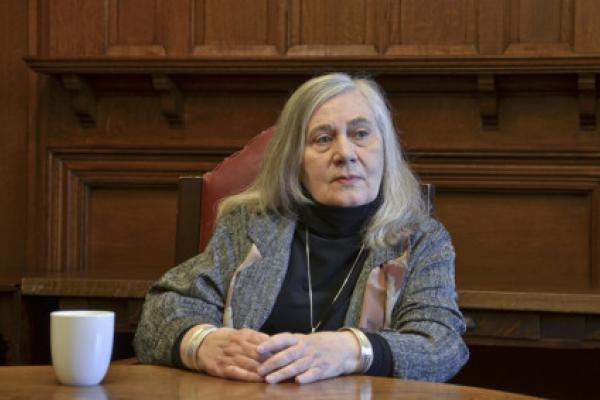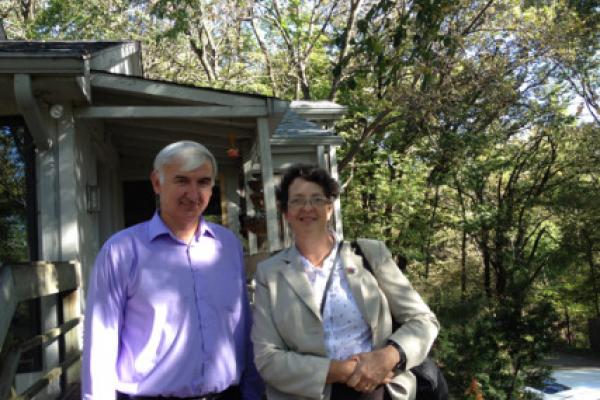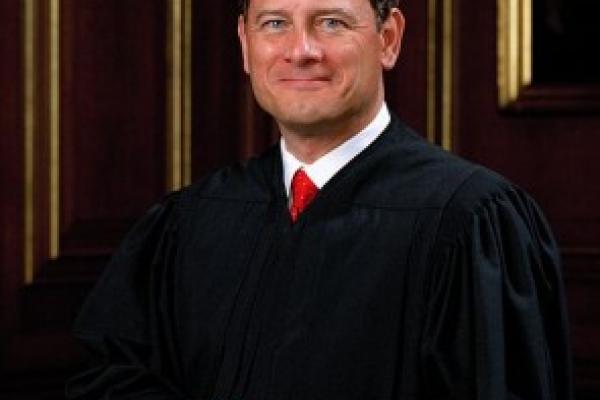Absolutely, say organizers of a first-of-its-kind conference to be held by atheists of color in Los Angeles this weekend. And, they add, it’s about time those issues got some attention.
Called “Moving Social Justice,” the conference will tackle topics beyond the usual atheist conference fare of confronting religious believers and promoting science education. Instead, organizers hope to examine issues of special interest to nonwhite atheists, especially the ills rooted in economic and social inequality.
“Atheism is not a monolithic, monochromatic movement,” said Sikivu Hutchinson, an atheist activist, author and founder of Los Angeles’ Black Skeptics, one member of a coalition of black atheist and humanist groups staging the conference.
“By addressing issues that are culturally and politically relevant to communities of color, we are addressing a range of things that are not typically addressed within the mainstream atheist movement.”
The conference is unusual for an atheist gathering in another important way — its lineup of speakers includes members of the religious community. Hutchinson, often an outspoken critic of religion, described the conference as “effectively an interfaith conference.”
Rene Girard has a prophetic warning in his book Battling to the End about the West’s fight against Islamic jihadists:
The West is going to exhaust itself in its fight against Islamic terrorism, which Western arrogance has undeniably kindled.
That Western arrogance was on display last weekend on Real Time with Bill Maher. The tense debate about Islam between Bill Maher, Sam Harris, and Ben Affleck has been shared multiple times over social media and provides a case study in Girard’s mimetic theory.
One element that mimetic theory illuminates in this discussion of Islam is the scapegoat mechanism. Scapegoating is a non-conscious way of reinforcing a group’s relationship by blaming another group of people for our problems. The scapegoating mechanism is non-conscious because we always think that we are innocent and that our scapegoats are guilty. The video below shows a great example of the scapegoating mechanism when it comes to Islam. (Warning: It's an HBO show — there is some foul language.)
Pope Francis is tipped to win this year’s Nobel Peace Prize, according to some of the world’s leading bookmakers.
The Argentinian pope is currently the 5-2 favorite to win the award, which will be announced by the Nobel Institute in Oslo, Norway, on Oct. 10, according to British bookmaker William Hill. Irish bookmaker Paddy Power also considers him a leading contender.
The pontiff’s odds have fallen from 11-4 in a sign of his worldwide popularity.
“When the odds get shorter, that’s when you sit up and pay attention,” said Jon Ivan-Duke, spokesman for William Hill. “Maybe there’s some divine inspiration at work.”
Nevertheless, Francis is facing stiff competition from National Security Agency whistleblower Edward Snowden and U.N. Secretary-General Ban Ki-Moon.
Responding to a real or perceived gap between science and faith, 10 U.S. seminaries will receive a combined $1.5 million in grants to include science in their curricula, the American Association for the Advancement of Science announced Oct. 8.
A diverse set of Christian seminaries will be awarded grants ranging from $90,000 to $200,000 provided by the John Templeton Foundation, which has funded various efforts to bridge science and faith, including $3.75 million to AAAS for the project.
“Many (religious leaders) don’t get a lot of science in their training and yet they become the authority figures that many people in society look up to for advice for all kinds of things, including issues related to science and technology,” said Jennifer Wiseman, director of the AAAS Dialogue on Science, Ethics and Religion.
Indeed, evangelical Protestants are more than twice as likely as other Americans to say they would turn to a religious text, a religious leader or people at their congregation if they had a question about science, a study released by AAAS earlier this year suggested.
Theologian Stanley Hauerwas has declined a series of lectures he was scheduled to give at New York’s General Theological Seminary in November in the wake of the crisis roiling the school.
On Oct. 8, the Christian ethicist said he does not want to get in the middle of a controversy involving the resignations or firings of eight faculty.
Two weeks ago, the eight faculty members quit teaching classes and attending official seminary meetings or chapel services until they could sit down with the Board of Trustees.
Hauerwas, who is professor emeritus of divinity and law at Duke Divinity School, said he pulled out of the lecture series so he would not appear to take a side.
“I was looking forward to going because I’ve known of General for my whole academic life, but I had never been there. At one time, it represented a commitment to an Anglo-Catholic tradition with which I’m very sympathetic,” said Hauerwas, who attends an Episcopal church in Chapel Hill, N.C. “I think the situation is one of deep pathos; it’s just pathetic. I’m sorry that I’ve gotten caught in it.”
What are you afraid of? That’s what Pulitzer Prize-winning author Marilynne Robinson asks writers who shy away from writing about faith.
The beloved author has won accolades after writing so openly about belief, but it remains a subject few other writers take on.
“It’s courageous of Robinson to write about faith at a time when associations with religion are so often negative and violent,” Diane Johnson wrote in her New York Times review of Robinson’s latest book, Lila, which was released Oct. 7.
Like its predecessors Gilead (2004) and Home (2008), the new novel takes place in a 1950s Iowa town and focuses on minister John Ames and his family. The story is told from the perspective of his wife — and later, widow — Lila.
Robinson has been able reach varied audiences. A member of the liberal United Church of Christ, she is far from holding up ideals put forward by the religious right, but that hasn’t stopped conservative Christians from engaging with her writing. Earlier, she spoke with Religion News Service about guns, gay marriage, and Calvinism.
Before giving an address at Union Theological Seminary last spring, Robinson also spoke about the tensions between faith and writing. Some answers have been edited for length and clarity.
In the past few months, the world has witnessed the worst outbreak of Ebola since the disease was first identified in 1976 — it has already claimed the lives of more than 3,400 people. But while the first cases in the U.S. and Spain have stirred fears over the past week, we don’t need to fear an unstoppable epidemic in developed countries. As World Bank President Jim Yong Kim aptly put it in a piece for the Huffington Post:
The knowledge and infrastructure to treat the sick and contain the virus exists in high- and middle-income counties. However, over many years, we have failed to make these things accessible to low-income people in Guinea, Liberia, and Sierra Leone. So now thousands of people in these countries are dying because, in the lottery of birth, they were born in the wrong place.
Dr. Kim makes the crucial point here — the current Ebola outbreak is much more than a public health crisis — it is an inequality crisis.
A Russian pastor whose grandfather was killed for being a Christian toured the U.S. recently, studying church ministries and providing a rare, first-person look at Russia’s complex religious landscape after widespread persecution ended.
During Victor Ignatenkov’s youth under the Soviet regime, Christians could meet only for worship.
No Sunday school.
No midweek Bible study.
And definitely no proselytizing.
Today, Ignatenkov, 59, said he’s free to lead whatever activities he wants as pastor of the Central Baptist Church in his hometown of Smolensk — a city situated between the capitals of Russia and Ukraine — and as regional bishop for the Russian Union of Evangelical Christians-Baptist. The union is a group of evangelical Protestant churches that began emerging in Russia about 150 years ago as an alternative to the Russian Orthodox establishment.
In some ways, the case of the Muslim prisoner who wants to grow a beard seems easy. When it comes to a prisoner’s religious rights, federal laws favors accommodation when possible.
So how could Gregory Holt — known as Abdul Maalik Muhammad after his conversion to Islam — possibly lose at the Supreme Court, where the justices heard his case on Oct. 7?
Holt wants to grow a mere half-inch beard — a length of whisker allowed in the vast majority of state prison systems, but not the one where he is incarcerated: Arkansas.
Even Chief Justice John Roberts wondered how such a seemingly straightforward case came before the high court, which usually occupies itself with the thorniest of legal questions.
On Oct. 7, Georgia Walker and I appeared before Judge Matt Whitworth in a Jefferson City, Mo., federal court on a charge of criminal trespass to a military facility. The charge was based on our participation in a June 1 rally at Whiteman Airforce Base protesting drone warfare. Walker and I attempted to deliver a loaf of bread and a letter to the base commander, encouraging the commander to stop cooperating with any further usage of unmanned aerial vehicles, (drones) for surveillance and attacks.
The prosecutor, USAF Captain Daniel Saunders, said that if we would plead guilty to the charge, he would seek a punishment of one month in prison and a $500 fine. We told the prosecutor we could accept a “no contest” plea but were not willing to plead guilty. The prosecutor then said he would recommend a three-month prison sentence and a $500 fine. The judge refused to accept a “no contest” plea. We then requested a trial, which has been set for Dec. 10.
